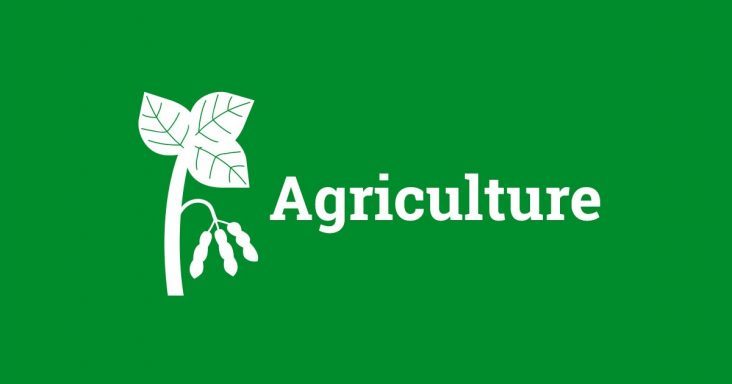FDA food inspections cease, USDA meat inspections continue despite shutdown
by January 14, 2019 9:58 am 806 views

The U.S. Food and Drug Administration (FDA), which oversees about 80% of the U.S. food supply, said it has ceased all routine inspections of domestic food-processing facilities in the midst of the government shutdown now enters its fourth week. This suspension most directly impacts the FDA’s preventive functions like evaluating the need for recalls, outbreak detection and drug-testing operations.
Routine inspections typically involve an FDA official visiting a facility and checking for visual indicators of unsanitary conditions, such as animal feces, and general disorder. Inspectors will also interview employees and managers and take environmental swabs and product samples, the agency said.
The Center for Foods Safety has said the agency was supposed to determine how it could deal with high-risk facilities to better control outbreaks like the recent large scale E coli outbreaks linked to tainted romaine lettuce. This is a requirement of the FDA under the Food Safety Moderation Act, but the agency did not get that done before the shutdown, which further complicates things.
Meat, poultry and egg processing facilities are inspected and regulated by the U.S. Department of Agriculture. Secretary of Agriculture Sonny Perdue said those functions will remain in place during the shutdown.
“There may be a lapse in funding for the federal government, but that will not relieve USDA of its responsibilities for safeguarding life and property through the critical services we provide,” Secretary Perdue said. “Our employees work hard every day to benefit our customers and the farmers, ranchers, foresters, and producers who depend on our programs. During a shutdown, we will leverage our existing resources as best we can to continue to provide the top-notch service people expect.”
Tyson Foods said its plants continue to be inspected by the USDA during the shutdown.
USDA said the following activities would continue in the short-term:
- Meat, poultry and processed egg inspection services.
- Grain and other commodity inspection, weighing, grading, and IT support services funded by user fees.
- Inspections for import and export activities to prevent the introduction and dissemination of pests into and out of the U.S.
